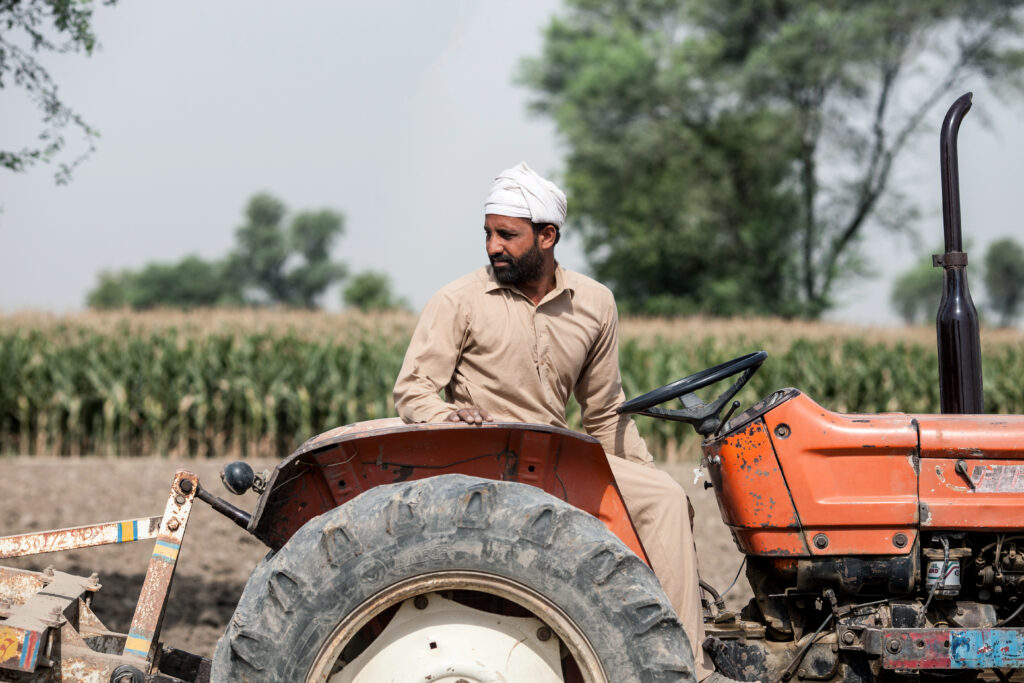By Sahar Haq, Senior Social Impact Coordinator, and Amanda Noakes, Senior Decent Work Coordinator at the Better Cotton Initiative
What wages are actually paid on cotton farms in Pakistan? This is a vital question for the improvement of wages and decent working conditions in the sector – and one to which the Better Cotton Initiative (BCI) has been seeking the most reliable answers. With support from the ISEAL Innovations Fund, between July 2024 and April 2025 BCI launched a pioneering Wage Transparency pilot across Pakistan, in Punjab and Sindh provinces, in search of that missing information.
While low wages have long been recognised as a persistent challenge in cotton production, the extent of the gap between actual wages received and established benchmarks for minimum and living wages had not been systematically quantified until now. Through the pilot, BCI developed and tested a new wage sampling approach, collecting baseline wage data from the farms involved. The initiative aimed to understand how wages are set, paid, and distributed – specifically, for permanent , seasonal, hourly-rate , daily-rate and output-based workers, as well as sharecroppers.
Our new report offers unique insights into the project, with information from over 2,000 farmworkers and 200 farmers, covering nearly 25% of smallholder producer units across the country.
Beyond its immediate application, the project aims to contribute to broader sectoral learning and cross-initiative collaboration. By sharing its findings, BCI hopes to support and collaborate with other stakeholders navigating wage measurement challenges in low- and middle-income agricultural contexts, to explore solutions together.


This milestone marks a big step forward in the Better Cotton Initiative’s mission to promote decent work, including wage improvements, and sustainable livelihoods, including income improvements, for farmers and workers.
BCI’s Programme Partners in Pakistan, Sangtani Women Rural Development Organisation (SWRDO), CABI Pakistan, WWF Pakistan and Rural Education and Economic Development Society (REEDS), participated in the pilot to develop the farm-level wage sampling tool.
The road ahead: beyond transparency
As BCI works to promote decent work and more sustainable value chains, wage transparency is an important tenet of our work, in line with our new Decent Work Strategy.
By establishing a reliable and scalable wage sampling tool, we have laid the groundwork not only for improved data collection but also for meaningful action to support wage improvements across cotton-producing communities. Ultimately, this initiative for us is about more than data – it is also about driving change.







































